- About MAA
- Membership
- MAA Publications
- Periodicals
- Blogs
- MAA Book Series
- MAA Press (an imprint of the AMS)
- MAA Notes
- MAA Reviews
- Mathematical Communication
- Information for Libraries
- Author Resources
- Advertise with MAA
- Meetings
- Competitions
- Programs
- Communities
- MAA Sections
- SIGMAA
- MAA Connect
- Students
- MAA Awards
- Awards Booklets
- Writing Awards
- Teaching Awards
- Service Awards
- Research Awards
- Lecture Awards
- Putnam Competition Individual and Team Winners
- D. E. Shaw Group AMC 8 Awards & Certificates
- Maryam Mirzakhani AMC 10 A Awards & Certificates
- Two Sigma AMC 10 B Awards & Certificates
- Jane Street AMC 12 A Awards & Certificates
- Akamai AMC 12 B Awards & Certificates
- High School Teachers
- News
You are here
Previous OPEN Math Summer Workshops

Under the OPEN Math program, it is our hope to host over 40 workshops and directly serve some 1000 mathematics instructors and make a lasting impact on participant knowledge, skills, and uptake of research-based instructional strategies in inclusive undergraduate mathematics instruction. These effects, in turn, will reach into undergraduate mathematics classrooms to benefit many thousands of students across the country for many years, and across all types of institutions. Completed workshops are listed below.
Team-Based Inquiry Learning
June 5-9, 2023 | 11am-5pm ET
Team-Based Inquiry Learning (TBIL) is a structured form of active learning that uses the structure of Team-Based Learning as a means of bringing inquiry into lower division courses. This workshop provided instructors with an overview of how to use TBIL in their courses, and gave an introduction to the TBIL resource library, which includes a complete set of materials for teaching Calculus I, Calculus II, and Linear Algebra via TBIL.
PRESENTERS
Drew Lewis, Tien Chih, Francesca Gandini, Joe Hibdon, Steven Clontz, and Julie Estis
About the Presenters
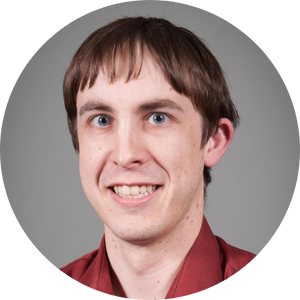 Drew Lewis was most recently an Associate Professor of mathematics at the University of South Alabama, and lead PI on the NSF IUSE grant “Transforming Lower Division Undergraduate Mathematics Through Team-Based Inquiry Learning”. He is a Team-Based Learning Collaborative certified Trainer-Consultant and is experienced in providing faculty development around topics such as Team-Based Learning, alternative grading, and inclusive teaching.
Drew Lewis was most recently an Associate Professor of mathematics at the University of South Alabama, and lead PI on the NSF IUSE grant “Transforming Lower Division Undergraduate Mathematics Through Team-Based Inquiry Learning”. He is a Team-Based Learning Collaborative certified Trainer-Consultant and is experienced in providing faculty development around topics such as Team-Based Learning, alternative grading, and inclusive teaching.
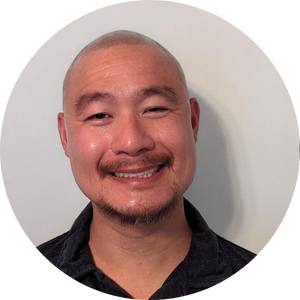
Tien Chih is an Assistant Professor of mathematics at Oxford College of Emory. He was a participant in the first TBIL workshop offered in 2021, and has been implementing TBIL in his classes since. He is one of the co-authors of “Calculus for Team-Based Inquiry Learning”, a freely available activity book designed to help instructors more easily implement TBIL in their courses. This will be his first role as a leader in TBIL professional development.
 Francesca Gandini is a Visiting Assistant Professor of mathematics at Kalamazoo College. She was a participant in the first TBIL workshop offered in 2021, and has been implementing TBIL in her classes since. She is also one of the co-authors of “Calculus forTeam-Based Inquiry Learning”, and has previously given some workshops for the Alliance for Michigan IBL.
Francesca Gandini is a Visiting Assistant Professor of mathematics at Kalamazoo College. She was a participant in the first TBIL workshop offered in 2021, and has been implementing TBIL in her classes since. She is also one of the co-authors of “Calculus forTeam-Based Inquiry Learning”, and has previously given some workshops for the Alliance for Michigan IBL.
 Joe Hibdon is an Associate Professor of mathematics at Northeastern Illinois University. He was a participant in the first TBIL workshop offered in 2021, and has been implementing TBIL in his classes since. He is also one of the co-authors of “Calculus forTeam-Based Inquiry Learning”. He has done extensive work, including on several grant projects, on broadening participation in STEM and mathematics in particular.
Joe Hibdon is an Associate Professor of mathematics at Northeastern Illinois University. He was a participant in the first TBIL workshop offered in 2021, and has been implementing TBIL in his classes since. He is also one of the co-authors of “Calculus forTeam-Based Inquiry Learning”. He has done extensive work, including on several grant projects, on broadening participation in STEM and mathematics in particular.
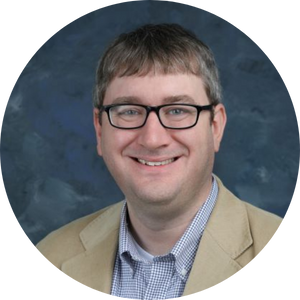 Steven Clontz is an Associate Professor of mathematics at the University of South Alabama, and PI on two active NSF grants supporting Team-based Inquiry Learning and Accessible STEM Open Education Resources. He co-developed the TBIL pedagogy along with Lewis, and is the lead maintainer of the TBIL Resource Library. His professional interests include the cyberinfrastructure of academia, particularly the use of free and open source resources and technologies that support active learning in university classrooms.
Steven Clontz is an Associate Professor of mathematics at the University of South Alabama, and PI on two active NSF grants supporting Team-based Inquiry Learning and Accessible STEM Open Education Resources. He co-developed the TBIL pedagogy along with Lewis, and is the lead maintainer of the TBIL Resource Library. His professional interests include the cyberinfrastructure of academia, particularly the use of free and open source resources and technologies that support active learning in university classrooms.
 Julie Estis is the Executive Director of Academic Enhancement and an Associate Professor of Speech-Language Pathology at the University of South Alabama, and one of the co-PIs on the NSF IUSE grant “Transforming Lower Division Undergraduate Mathematics Through Team-Based Inquiry Learning”. She is an experienced faculty developer, particularly with respect to Team-Based Learning; she is a Team-Based Learning Collaborative certified Trainer-Consultant, as well as the current president of the Team-Based Learning Collaborative.
Julie Estis is the Executive Director of Academic Enhancement and an Associate Professor of Speech-Language Pathology at the University of South Alabama, and one of the co-PIs on the NSF IUSE grant “Transforming Lower Division Undergraduate Mathematics Through Team-Based Inquiry Learning”. She is an experienced faculty developer, particularly with respect to Team-Based Learning; she is a Team-Based Learning Collaborative certified Trainer-Consultant, as well as the current president of the Team-Based Learning Collaborative.
Active Learning in Differential Equations Inspired by Modeling
June 5, 6, 7, & 9, 2023 | 11am-5pm ET
Participants learned to incorporate mathematical modeling into the teaching of differential equations using research-based, learner-centered pedagogy that is known to support gains in self-efficacy, proficiency, and interest in mathematics. Participants received a wide range of specific, robust modeling activities that foster an equitable and inclusive environment for students. Workshop facilitators discussed the pedagogical advantages of a modeling-first approach and indicate a variety of ways to incorporate these activities into an active classroom, and participants engaged with technology that facilitates active learning. During this intense four-day workshop, participants experienced activities as learners before collaboratively preparing (using class-tested materials provided) and practice-teaching a module in our supportive workshop environment. Participants were invited to continue their involvement beyond the workshop by engaging with the community and free repository of Systemic Initiative for Modeling Investigations and Opportunities with Differential Equations (SIMIODE). As a supplemental aid to using the vast repository of materials, participants received a free copy of the low-cost textbook, Differential Equations: Modeling the Real World.
PRESENTERS
Therese Shelton, Patrice Tiffany, Brian Winkel, Leigh Noble, Rosemary Farley, and Kurt Bryan
About the Presenters
 Therese Shelton has engaged many students in differential equations within a class setting and in undergraduate research experiences. She has co-authored papers and course modules in pharmacokinetics, cholera, and car suspensions.
Therese Shelton has engaged many students in differential equations within a class setting and in undergraduate research experiences. She has co-authored papers and course modules in pharmacokinetics, cholera, and car suspensions.

Patrice Tiffany has been giving workshops for five years on how to incorporate modeling with technology into the teaching of Differential Equations. She has been a PI on a recent NSF grant promoting this approach and is also an ICTCM fellow.
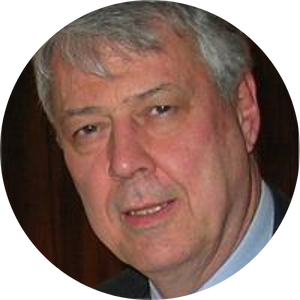
Brian Winkel is Director of SIMIODE, founder of the MAA-featured journals PRIMUS and Cryptologia, and emeritus professor of mathematics from the US Military Academy at West Point.
 Rosemary Farley has been involved with using technology in the mathematics classroom for over 25 years. She was named a Fellow at the International Conference on Technology in Collegiate Mathematics in 2018.
Rosemary Farley has been involved with using technology in the mathematics classroom for over 25 years. She was named a Fellow at the International Conference on Technology in Collegiate Mathematics in 2018.
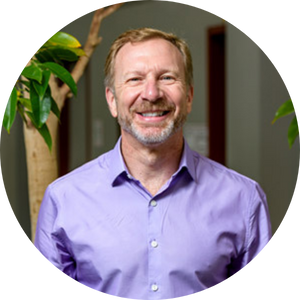 Kurt Bryan has ten years of experience doing mathematics in industry and government, and for the past 29 years has been a Professor of Mathematics at the Rose-Hulman Institute of Technology in Terre Haute Indiana. His interests lie in partial differential equations, inverse problems, mathematical modeling, and involving undergraduates in research.
Kurt Bryan has ten years of experience doing mathematics in industry and government, and for the past 29 years has been a Professor of Mathematics at the Rose-Hulman Institute of Technology in Terre Haute Indiana. His interests lie in partial differential equations, inverse problems, mathematical modeling, and involving undergraduates in research.
 Leigh Noble is passionate about student-centered learning, and serves as the technical director for SIMIODE in order to help other educators have success in their classrooms.
Leigh Noble is passionate about student-centered learning, and serves as the technical director for SIMIODE in order to help other educators have success in their classrooms.
Inclusive Active Learning in Mathematics
June 12, 13, 15, & 16, 2023 | 11am-5:30pm ET
This workshop supported participants to adopt or fine-tune the use of active learning instructional practices with a focus on pedagogy that supports inclusive and equitable learning communities. We considered course structures, policies, instructional practices, and assessment strategies related to Precalculus, Calculus 1, 2, and 3. The workshop was appropriate, relevant, and applicable for all participants interested in using active learning instructional practices including those considering active learning for the first time and those who have been using active learning approaches for many years. The workshop was organized around the premise that we can all learn from each other and we all have experiences that, when shared, contribute to the learning of others in the group. Participants had opportunities to engage with prerecorded scenarios and other attendees for the purpose of considering how to facilitate conversations with other members of their departments and navigating challenging situations and conversations that can arise in undergraduate mathematics classrooms. Participants had the opportunity to develop or revise a syllabus and lesson plans for a class they planned to teach the following semester.
PRESENTERS
Nancy Kress, Matthew Voigt, Rebecca Machen, Antonio Martinez, & Wendy Smith
About the Presenters
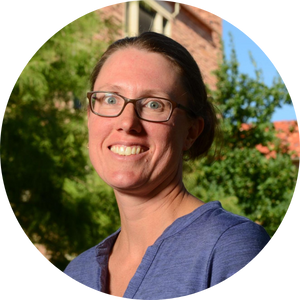
Nancy Kress is an Assistant Teaching Professor at University of Colorado Boulder. She is a former high school teacher and an emerging expert on equitable and inclusive mathematics instruction. She has extensive experience co-designing and co-facilitating professional development focused on equity and inclusion in the early undergraduate mathematics context.

Matthew Voigt is an Assistant Professor of Engineering and Science Education at Clemson University. He is a proud first-generation college student and Queer researcher. His research centers around issues of equity, access, and power structures occurring in undergraduate STEM programs with a particular focus on gender and sexuality issues.

Rebecca Machen has been an educator for the last 15 years in K-12, community college, and university settings. Her research focuses on inclusive pedagogical practices and faculty training in undergraduate classes.
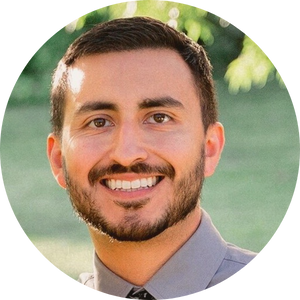
Antonio Martinez is a doctoral candidate with developing interests in the role of programming in introductory undergraduate mathematics courses as well as how to equitably support students in active learning classrooms.

Wendy Smith (she/they) is a research professor at the University of Nebraska-Lincoln and director of the Center for Science, Mathematics, and Computer Education who engages in equity-focused research related to institutional change and PK-20 STEM education.
Designing Professional Development Programs for Graduate Student Teaching Assistants
July 11-13, & 18, 2023 | 11am-5pm ET
The MAA CoMInDS (College Mathematics Instructor Development Source) provides instructional materials and guidance to mathematics departments as they establish or revise their graduate student professional development programs. This summer’s workshop was an opportunity for interested faculty to learn how to build a successful program, and gain access to a large collection of lessons, activities, and assignments to use at their institutions.
Note: This workshop had an additional pre-registration application that needed to be submitted and approved before a participant was eligible to register.
PRESENTERS
Natasha Speer, Jack Bookman, Shandy Hauk, and Emily Braley
About the Presenters
The workshop leaders are all members of the College Mathematics Instructor Development Source (CoMInDS) project team. We have offered versions of the 2023 OPEN Math workshop for the past seven summers (including several times as an online experience). Workshop leaders have all been faculty in departments of mathematical sciences. Each has a variety of experiences related to graduate student professional development for teaching (PDT) and have been providers of PDT at a diverse set of institutions. All do scholarly work on graduate student teaching and learning, including research on knowledge of student thinking and its development. The workshop team includes authors of the Video Cases for College Mathematics Instructors, co-leaders of MAA PREP workshops on college mathematics teaching, and authors of a book on student thinking about mathematics for use by novice college mathematics instructors.
Inclusion and Inquiry: Fostering Student Belonging and Ownership
July 11-13, 18-20, 25-27, 2023 | 1pm-4pm ET
How do we create rich mathematical learning environments that support all students in becoming collaborative and creative mathematical practitioners? Active and student-centered inquiry-based mathematics instruction can be key to responding to this question, but if we don’t intentionally attend to social interactions in our mathematics classrooms, we risk creating environments where broader societal biases and positioning can harm our students. Participants and facilitators worked together as a community of educators to utilize video, research literature, and classroom artifacts to reflect on our teaching practices and develop teaching strategies that empower all of our students to find mathematical success. In addition to the 27 contact hours, participants had 3-5 hours of structured, asynchronous work per week.
PRESENTERS
Gulden Karakok, Roberto Soto, Elizabeth Thoren & Rebecca Glover
About the Presenters
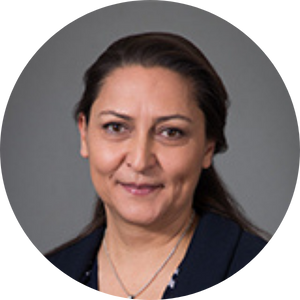 Gulden Karakok was introduced to student-centered and inquiry-based teaching practices at an Emerging Scholars workshop as a graduate student. Since then she implements such teaching practices in all of her courses. She has been part of the AIBL Workshop Team since 2017. She also uses the MAA Instructional Practices (IP) Guide in graduate student teaching seminars and facilitates workshops centered around the IP Guide. Most recently, she co-authored the Book StudyGuide for others to utilize the IP Guide for such workshops.
Gulden Karakok was introduced to student-centered and inquiry-based teaching practices at an Emerging Scholars workshop as a graduate student. Since then she implements such teaching practices in all of her courses. She has been part of the AIBL Workshop Team since 2017. She also uses the MAA Instructional Practices (IP) Guide in graduate student teaching seminars and facilitates workshops centered around the IP Guide. Most recently, she co-authored the Book StudyGuide for others to utilize the IP Guide for such workshops.
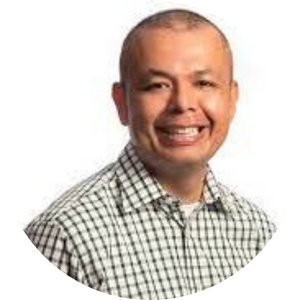
Roberto Soto was introduced to student-centered practices when he began his high school teaching career in 1997. As faculty at California State University, Fullerton, Roberto co-facilitated active learning activities for his colleagues as part of SEMINAL (Student Engagement in Mathematics through an Institutional Network for Active Learning). He attended his first AIBL workshop in 2019 and is now Co-PI of the NSF-funded META (Mathematics Equity Through Teaching Actively) grant that helps faculty promote equity via student-centered learning techniques.
 Elizabeth Thoren has over 15 years of experience teaching with inquiry and has been part of the AIBL Workshop Leader Team since 2018 where she has co-developed and co-facilitated both virtual and in-person IBL Workshops. Elizabeth also served as a guest Associate Editor for the PRIMUS special issue on Teaching Inquiry and is currently part of the leadership council for COMMIT-CaN (COMmunities for Mathematics Inquiry in Teaching in California and Nevada).
Elizabeth Thoren has over 15 years of experience teaching with inquiry and has been part of the AIBL Workshop Leader Team since 2018 where she has co-developed and co-facilitated both virtual and in-person IBL Workshops. Elizabeth also served as a guest Associate Editor for the PRIMUS special issue on Teaching Inquiry and is currently part of the leadership council for COMMIT-CaN (COMmunities for Mathematics Inquiry in Teaching in California and Nevada).
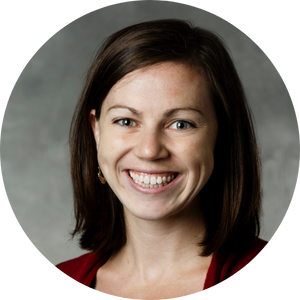
Rebecca Glover has used inquiry in her classroom since attending an AIBL Summer Workshop in 2014. She became an AIBL Workshop Leader in 2019, facilitating both in-person and virtual workshops, co-founded the Minnesota Inquiry in Teaching Network (MITN), and is on the leadership team for the Twin Cities Math Teachers' Circle.
Engaging Multivariable Calculus Students using CalcPlot3D and 3D-Printed Surfaces
July 17-20, 2023 | 11am-5pm ET
Students often have difficulty visualizing geometric relationships in calculus, especially the three-dimensional concepts of multivariable calculus. In this workshop, participants learned to use the free CalcPlot3D visualization app and 3D-printed surfaces to help students actively explore, visualize, and better understand a variety of three-dimensional calculus concepts. They experienced active learning by completing guided learning activities with other participants in small groups, exploring a variety of topics, some using CalcPlot3D and others using 3D-printed mountainous surfaces (which were provided). We discussed how to help students visualize planes, curvilinear motion, surfaces, contour plots, partial derivatives, gradients, directional derivatives, constrained optimization, regions of integration, and vector fields. Participants learned to use a scripting feature in CalcPlot3D to create their own dynamic slideshows for classroom demonstrations and for hands-on student concept explorations. Participants also learned how to use CalcPlot3D to create their own STL files for 3D printing. No prior experience with CalcPlot3D or 3D printing was required.
PRESENTERS
Paul Seeburger, Deborah Moore-Russo, Stepan Paul, and Shelby Stanhope
About the Presenters
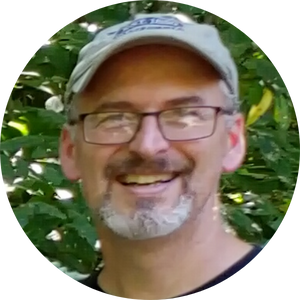
Paul Seeburger has been teaching math at Monroe Community College since 1998. He developed the CalcPlot3D app to help students visualize multivariable calculus and is now lead-PI on an NSF IUSE project focused on expanding CalcPlot3D’s 3D-printing features and developing hands-on guided learning activities using 3D-printed surfaces to improve student understanding of multivariable calculus concepts. Paul has presented in-person minicourses on the CalcPlot3D project at MathFest, the Joint Math Meetings, and ICTCM, and two online workshops for the MAA’s Project NExT.
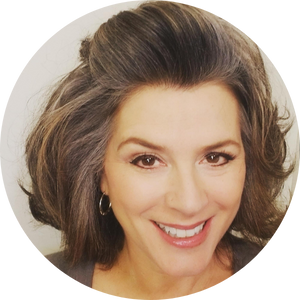
Deborah Moore-Russo is a Professor of Mathematics and the First-Year Mathematics Director at the University of Oklahoma (OU). She studies the multiple ways a single mathematical concept is conceptualized, represented, visualized, and communicated. She looks at how physical and digital instructional resources, as well as instructional tasks, influence student learning. She also thinks about whether instructional decisions help students perceive mathematics as a dynamic, engaging discipline that goes beyond memorization of rules and equations.
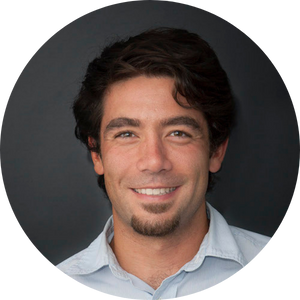
Stepan Paul is a Teaching Assistant Professor of Mathematics at North Carolina State University, where he has taught since 2020. He works on developing novel illustrations of concepts in calculus and geometry with dynamic geometry software and digital fabrication. He currently coordinates the multivariable calculus course at NC State and organizes the departmental Teaching and Learning Seminar.
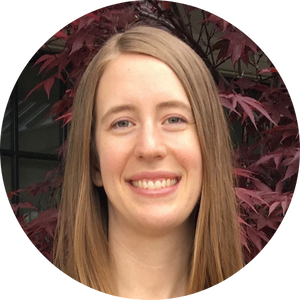
Shelby Stanhope is an Associate Professor of Mathematics at the U.S. Air Force Academy. Her work focuses on innovative teaching methods in multivariable calculus, aiming to help students grasp three-dimensional concepts through tactile activities using 3D-printed models, computer visualization with CalcPlot3D, and experiential learning field trips.
Redesigning Your Course for Mastery Grading
July 24-28, 2023 | 11am-6pm ET
In Redesigning Your Course(s) for Mastery Grading, participants will design a student success-centered grading system that promotes & accurately reflects student learning. This workshop will provide the research, tools, and time to implement a more effective grading system.
PRESENTERS
Sharona Krinsky, Robert Bosley, & Kate Owens
About the Presenters

Sharona Krinsky is a faculty member in the Mathematics department at California State University. She has over 30 years of experience in the mathematics classroom, has worked with dozens of faculty on course redesign, is an organizer of The Grading Conference (now in its fourth year), and is currently a co-PI and faculty trainer on the NSF IUSE funded CLIMB grant to redesign sophomore level engineering classes to use Mastery Grading.
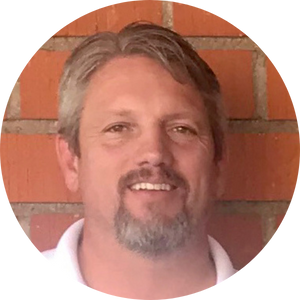
Robert Bosley is a faculty member in the Mathematics department at California State University Los Angeles as well as the intervention support coordinator at Santee Education Complex, a grades 9-12 high school in the Los Angeles Unified School District. In addition to over 17 years of classroom experience at both the grades 9-12 and Higher Ed levels, Bosley is a certified Mastery Grading trainer, organizer of The Grading Conference, and has over a decade of experience working with faculty at all levels on course redesign.

Infusing Practical Harm Reduction Strategies in the University Mathematics Classroom
January 21-February 18, 2022 | 3-5 PM ET
This workshop is designed for undergraduate mathematics instructors eager to critically reflect on their own teaching practice and who are looking for practical suggestions to support a more inclusive learning environment through harm reduction. This workshop will be relevant regardless of teaching approach (e.g., lecture, active learning) and will attend to various dimensions of identity (e.g., race, gender, disability status, first language).
This workshop will run as a five-week mini-course; each week will include a two-hour synchronous (virtual) meeting and asynchronous homework. During the synchronous sessions, participants will become familiar with Gutiérrez’s (2009) four dimensions of equity (access-achievement and identity-power) and how those dimensions might manifest in undergraduate mathematics classrooms, with particular attention to how they relate to specific instructional practices as described in the MAA Instructional Practice (IP) Guide. Between the synchronous sessions, participants will be asked to complete readings/vignettes related to the four dimensions, attend to these dimensions in relation to their current teaching, and reflect on what they have learned.
PRESENTERS
Estrella Johnson, Naneh Apkarian, Sara Rezvi
Mentoring Undergraduates in Research: A DEI Approach
May 23-26, 2022 | 11 AM-5 PM ET
Participants will learn the nuts and bolts of mentoring undergraduates in research, from choosing good problems to creating a supportive community of researchers that enables all students to thrive, especially those students from historically marginalized groups.
PRESENTERS
Allison Henrich, Michael Dorff, Pamela E. Harris, Michael Young
About the Presenters
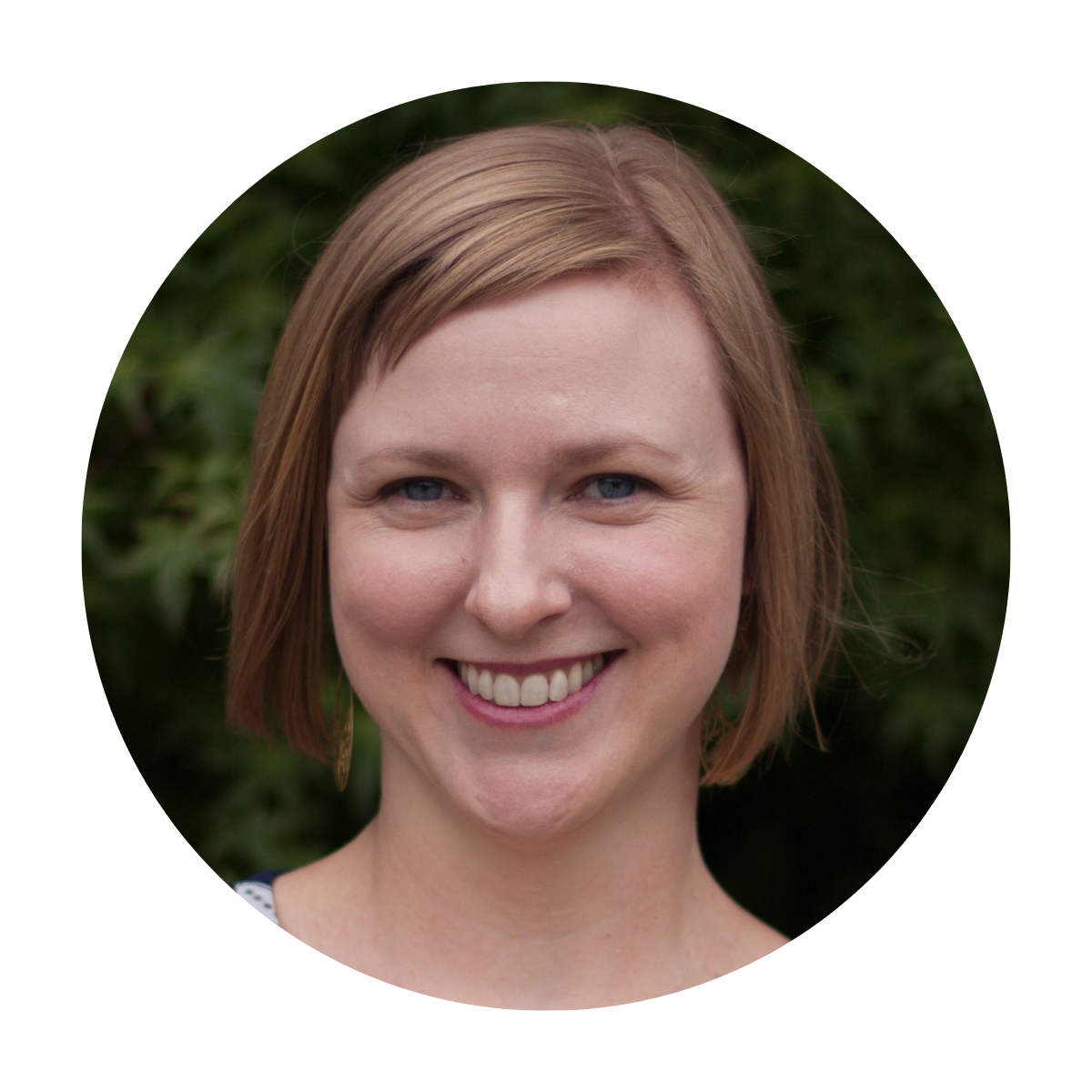
Allison Henrich is a Professor of Mathematics at Seattle University and the editor-elect of MAA FOCUS. She is a co-author of the book A Mathematicians Practical Guide to Mentoring Undergraduate Research and co-editor of Living Proof: Stories of Resilience Along the Mathematical Journey.
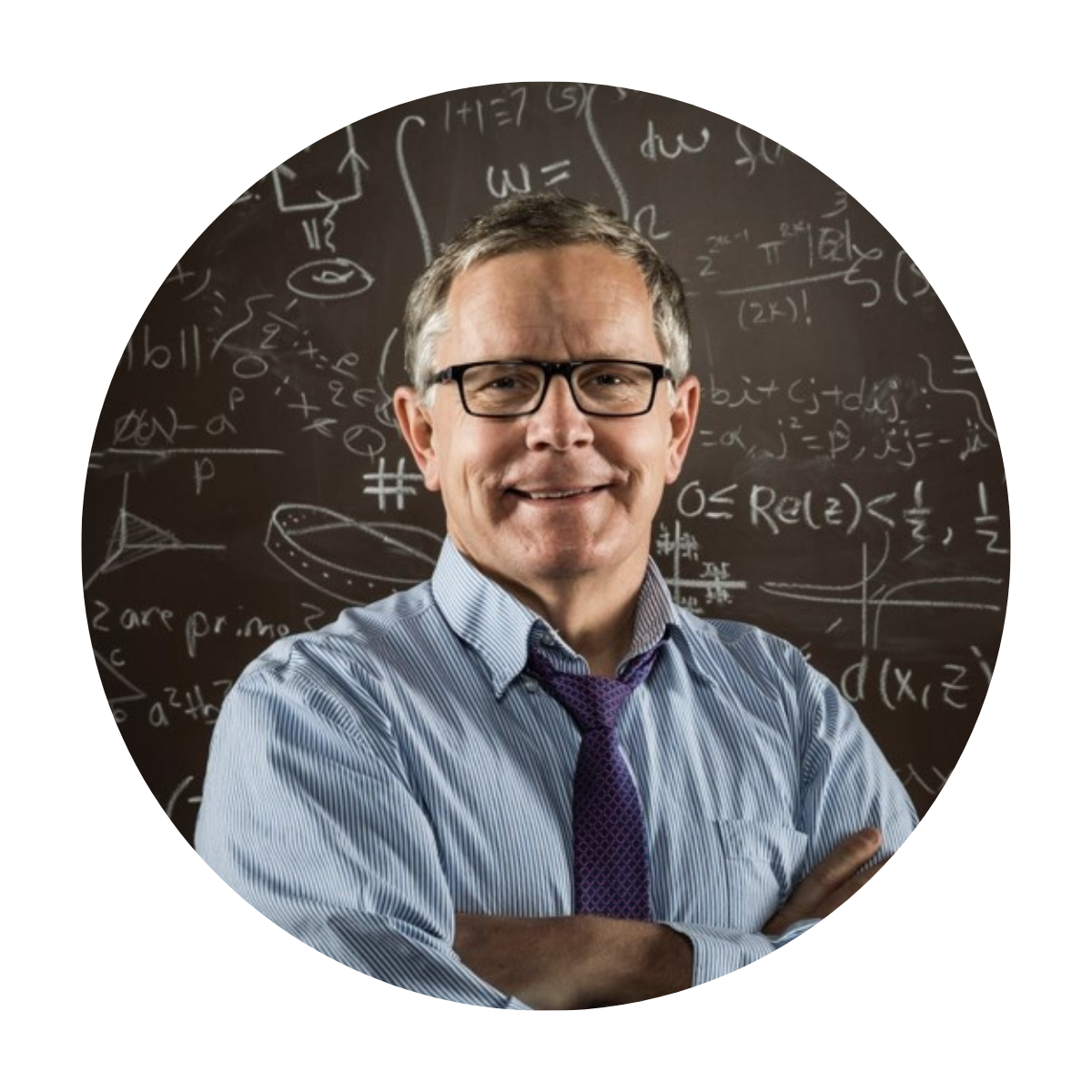
Michael Dorff is a professor of mathematics at Brigham Young University, founder and previous director of CURM, co-founder and co-director of PIC Math, and former MAA President.

Pamela E. Harris is a Mexican-American mathematician and serves as Associate Professor in the Department of Mathematics and Statistics and Faculty Fellow of the Davis Center and the Office of Institutional Diversity, Equity, and Inclusion at Williams College. She is the President and co-founder of Lathisms: Latinxs and Hispanics in the Mathematical Sciences, cohosts the podcast Mathematically Uncensored and has recently coauthored the books Asked And Answered: Dialogues On Advocating For Students of Color in Mathematics and Practices and Policies: Advocating for Students of Color in Mathematics.

Michael Young is an Associate Professor of Mathematics and the Associate Dean for Diversity, Equity, and Inclusion in the Mellon College of Science at Carnegie Mellon University. He is the Founding Director of the Center for Minorities in the Mathematical Sciences.
Inclusive Active Learning in Introductory Mathematics Courses
June 6-10, 2022 | 11 AM-5:30 PM ET
You will gain understanding and skills for implementing equitable and inclusive instruction in early undergraduate mathematics courses. You will leave with ideas and resources for facilitating conversations with other department members, lesson plans and ideas about how to navigate challenging classroom conversations.
PRESENTERS
Nancy Kress, Matthew Voigt, Wendy Smith, Rebecca Machen, Antonio Estevan Martinez, Adriana Corrales
About the Presenters
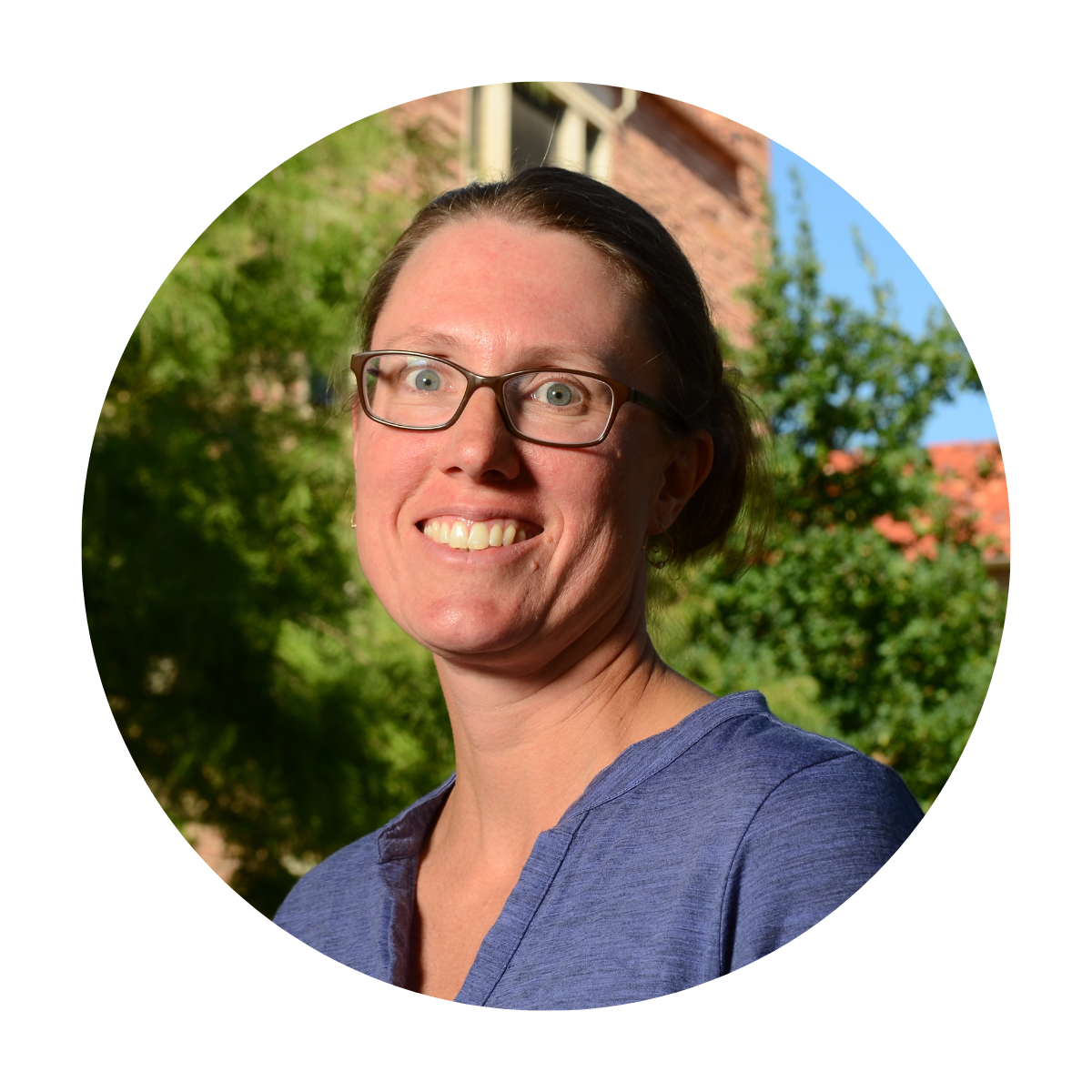
Nancy Kress is a twenty year veteran former high school teacher who recently completed her doctoral dissertation on equitable mathematics instruction. She is an emerging expert on equitable and inclusive mathematics instruction and has experience facilitating professional development focused on equity and inclusion in the early undergraduate mathematics context.

Matthew Voigt is an Assistant Professor of Engineering and Science Education at Clemson University. He is a proud first-generation college student and Queer researcher. His research centers around issues of equity, access, and power structures occurring in undergraduate STEM programs with a particular focus on gender and sexuality issues.
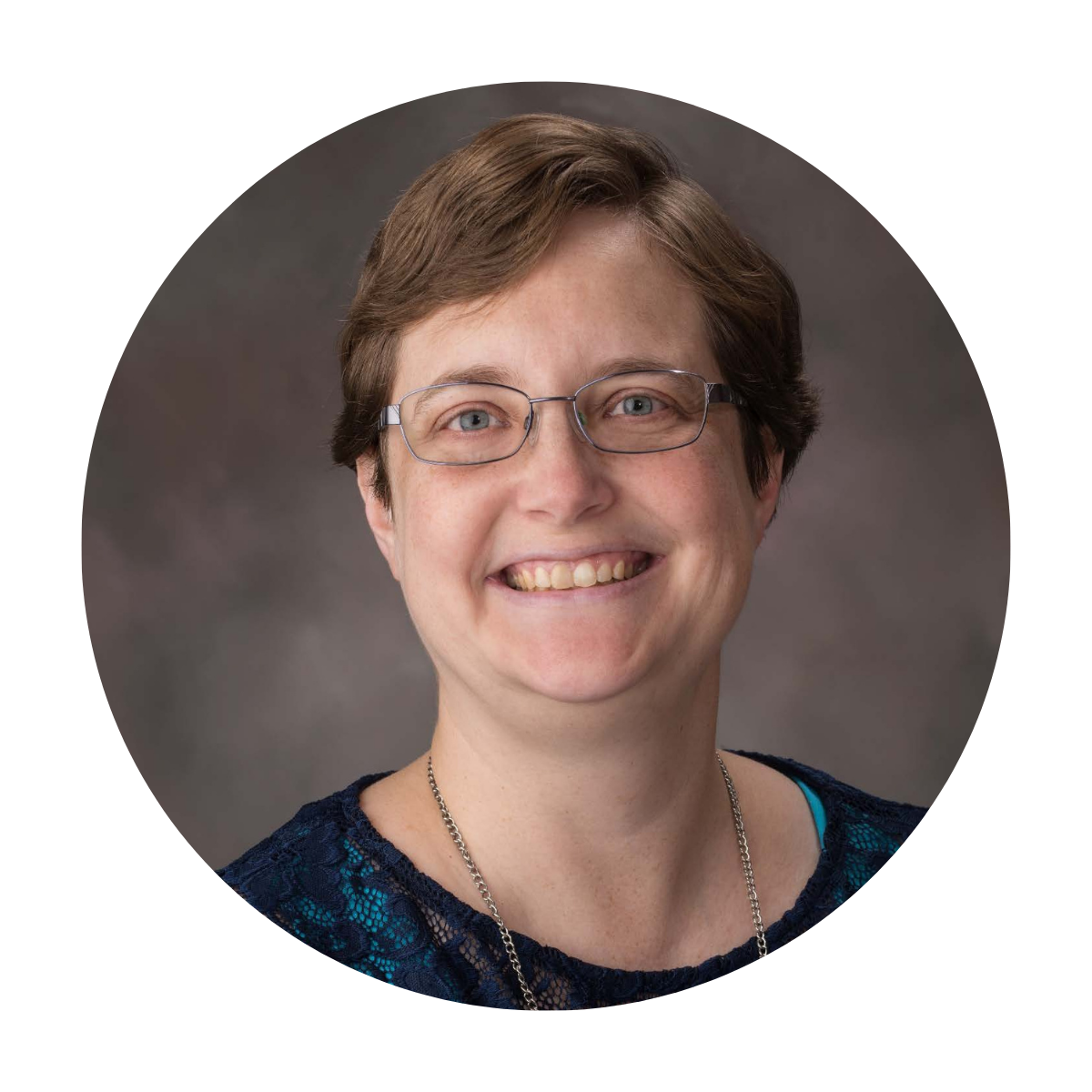
Wendy Smith is a research professor at the University of Nebraska-Lincoln and associate director of the Center for Science, Mathematics, and Computer Education who engages in equity-focused research related to institutional change and PK-20 mathematics education.
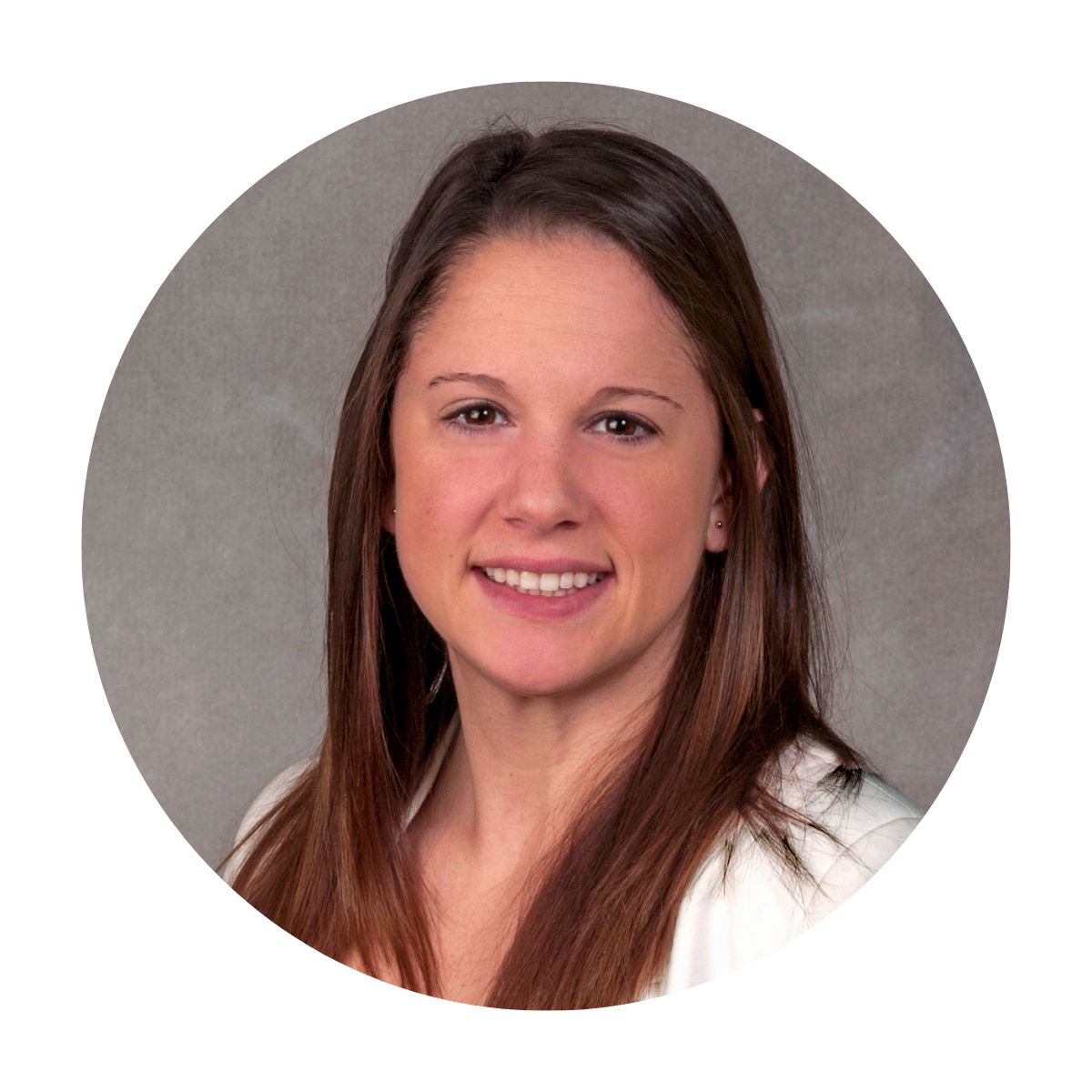
Rebecca Machen has been an educator for the last 15 years in K-12, community college, and university settings. Her research focuses on inclusive pedagogical practices and faculty training in undergraduate classes.
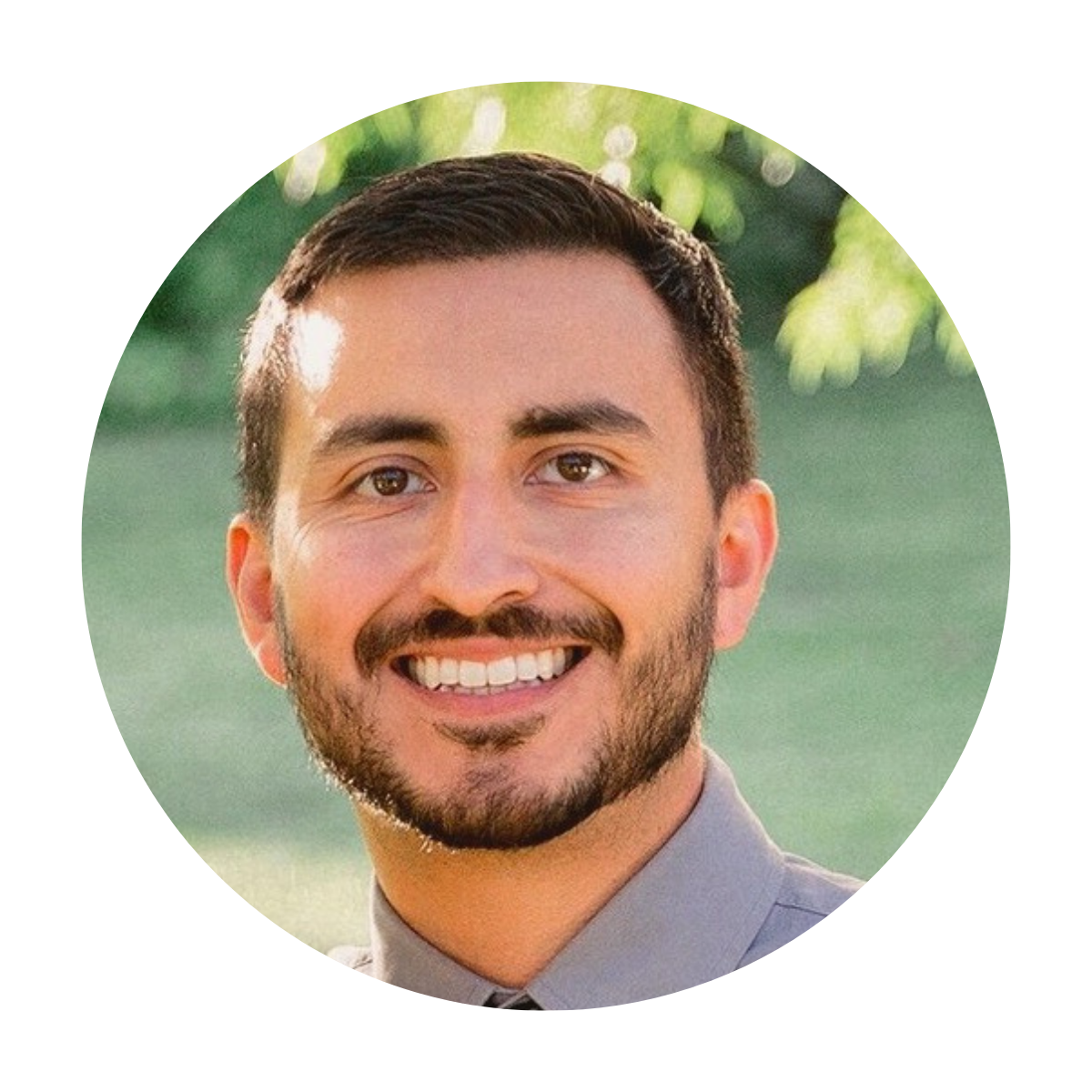
Antonio Martinez is a doctoral candidate with developing interests in the role of programming in introductory undergraduate mathematics courses as well as how to equitably support students in active learning classrooms.

Adriana Corrales is a Visiting Assistant Professor and Postdoctoral Associate at the University of North Texas in the Chemistry Department. They have experience working with higher education faculty in multiple STEM disciplines and bring an interdisciplinary approach to their training.
Inclusion and Inquiry: Fostering Student Belonging and Ownership
June 7-9, 14-16, & 21-23, 2022 | 1 PM-4 PM ET
How do we create rich mathematical learning environments that support all students in becoming collaborative and creative mathematical practitioners? As a community of instructors we will use video, research literature, and classroom artifacts to discuss and reflect on our teaching practices in response to this key question. In addition to the 27 contact hours, participants should plan for 3-5 hours of structured, asynchronous work per week. Both new and experienced instructors who are interested in or use student-centered teaching practices in their college mathematics classrooms are invited to participate.
FACILITATORS
Rebecca Glover, Elizabeth Thoren, Nina White
Supporting Designer
Gulden Karakok
Guest Plenary
Amelia Stone-Johnson
About the Facilitators

Rebecca Glover has used inquiry in her classroom since attending an AIBL Summer Workshop in 2014. She became an AIBL Workshop Leader in 2019, facilitating both in-person and virtual workshops, co-founded the Minnesota Inquiry in Teaching Network (MITN), and is on the leadership team for the Twin Cities Math Teachers' Circle.
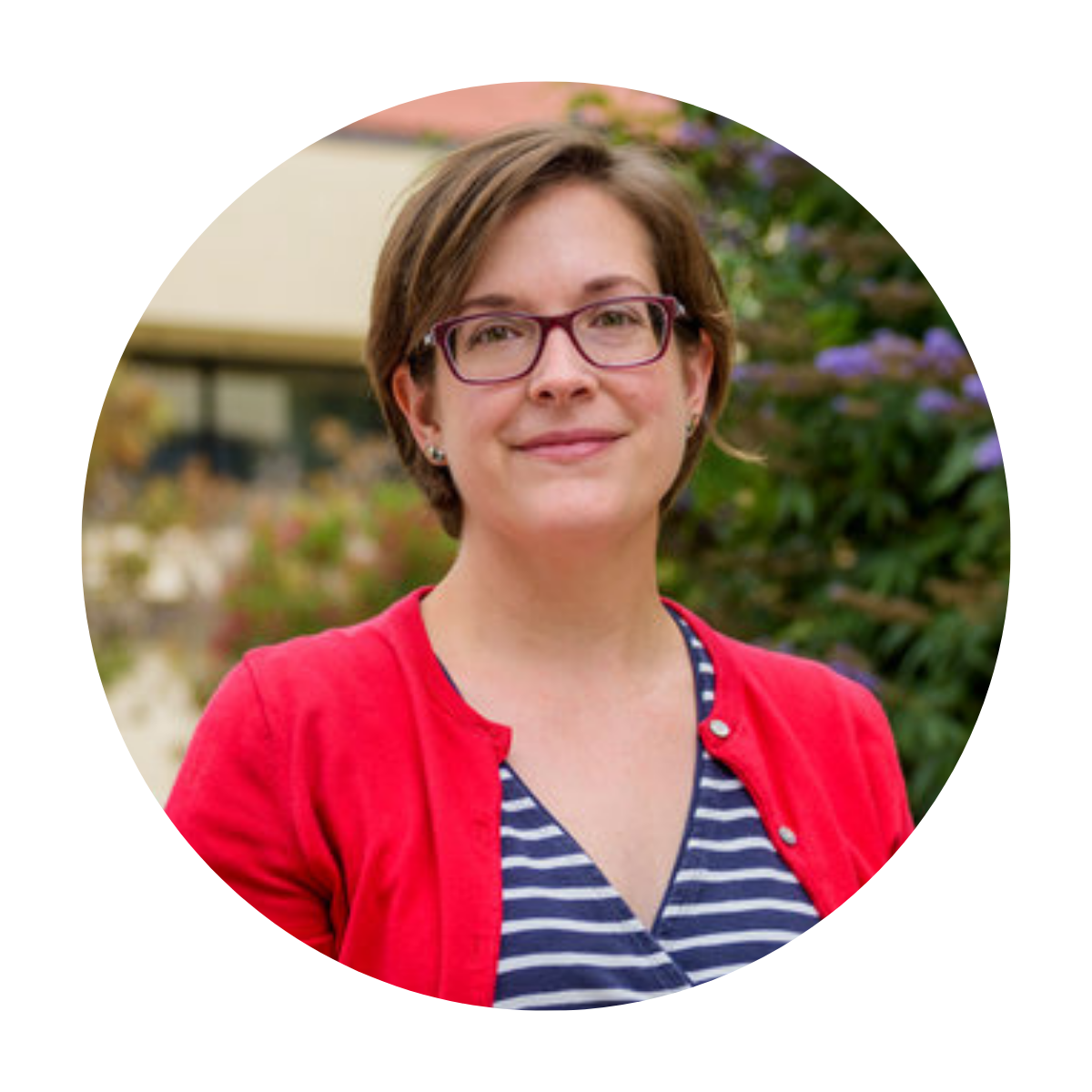
Elizabeth Thoren has over 15 years of experience teaching with inquiry and has been part of the AIBL Workshop Leader Team since 2018 where she has co-developed and co-facilitated both virtual and in-person IBL Workshops. Elizabeth also served as a guest Associate Editor for the PRIMUS special issue on Teaching Inquiry and is currently part of the leadership council for COMMIT-CaN (COMmunities for Mathematics Inquiry in Teaching in California and Nevada).
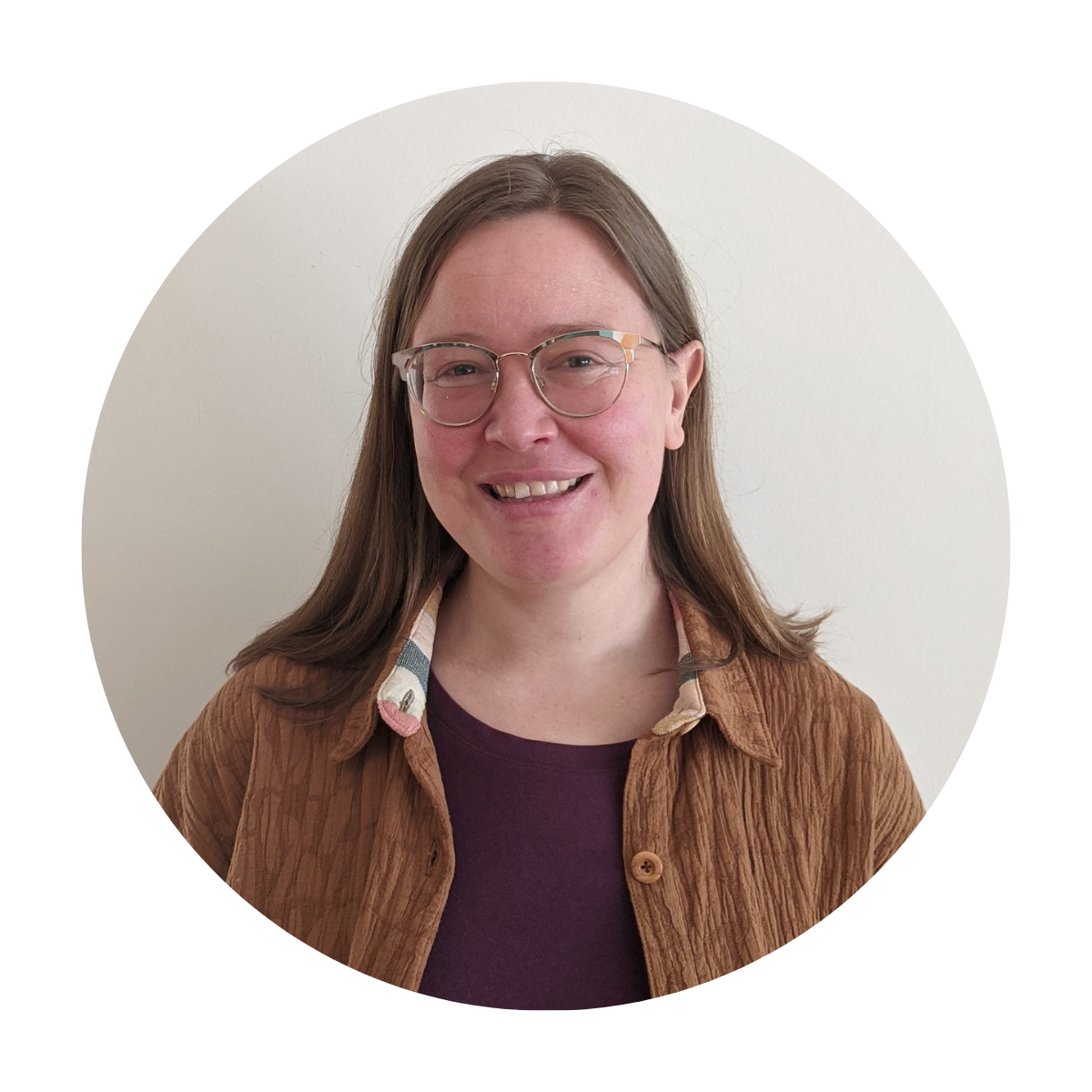
Drawing on 15 years classroom experience teaching college mathematics with inquiry, Nina White has been supporting other instructors in teaching with inquiry since 2015, and in 2018 joined the AIBL Workshop Developers team to provide this support nationally. She is also on the national leadership team for the COMMIT Network, is director of a Math Teachers' Circle for Detroit-area teachers, and founded a local Learning Community for Inclusive Teaching (LCIT) in Mathematics at University of Michigan.
Rich Mathematical Tasks in Mathematics for Elementary Teacher Courses
June 13-16, 2022 | 11 AM-5 PM ET
Participants will engage in creating rich tasks for mathematics classes for future elementary school teachers and discuss the implementation of such tasks.
PRESENTERS
Todd Grundmeier, Danielle Champney
About the Presenters

Todd Grundmeier has 20 years of experience teaching mathematics courses for future elementary school teachers. He has also lead numerous workshops for University faculty on inquiry-based learning.
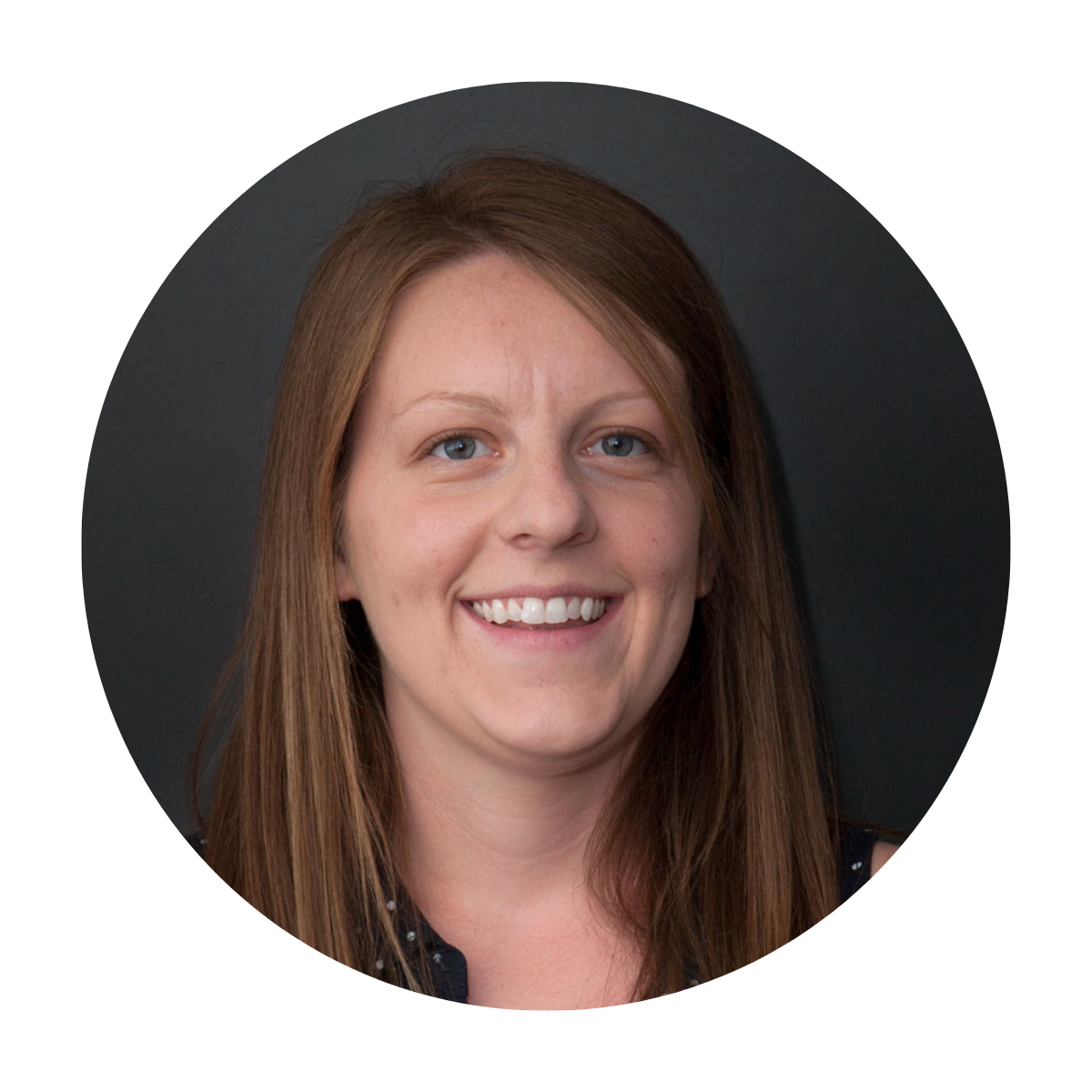
Danielle Champney is faculty in the Mathematics Department at Cal Poly, SLO, where she teaches a wide range of math courses that frequently includes Math for Future Elementary Teachers. For the past eight years, Danielle has facilitated intensive IBL workshops for college faculty, traveling workshops for universities and community college districts, and district-wide K-12 active learning professional development for Cal Poly partner schools.
Modeling Inspiration for Differential Equations
July 5-8, 2022 | 11 AM-5 PM ET
The workshop, using a rich set of proven modeling activities and engaging as teachers to colleagues, is for faculty who want to use modeling to teach differential equations. Sustaining a modeling approach beyond the workshop is supported by SIMIODE materials and community.
PRESENTERS
Brian Winkel, Leigh Noble, Kurt Bryan, Corban Harwood,Patrice Tiffany, Rosemary Farley, Therese Shelton
About the Presenters

Brian Winkel is Director of SIMIODE, founder of the MAA-featured journals PRIMUS and Cryptologia, and emeritus professor of mathematics from the US Military Academy at West point.

Leigh Noble is passionate about student centered learning, and serves as the technical director for SIMIODE in order to help other educators have success in their classroom.

Kurt Bryan has ten years of experience doing mathematics in industry and government, and for the past 29 years has been a Professor of Mathematics at the Rose-Hulman Institute of Technology in Terre Haute Indiana. His interests lie in partial differential equations, inverse problems, mathematical modeling, and involving undergraduates in research.
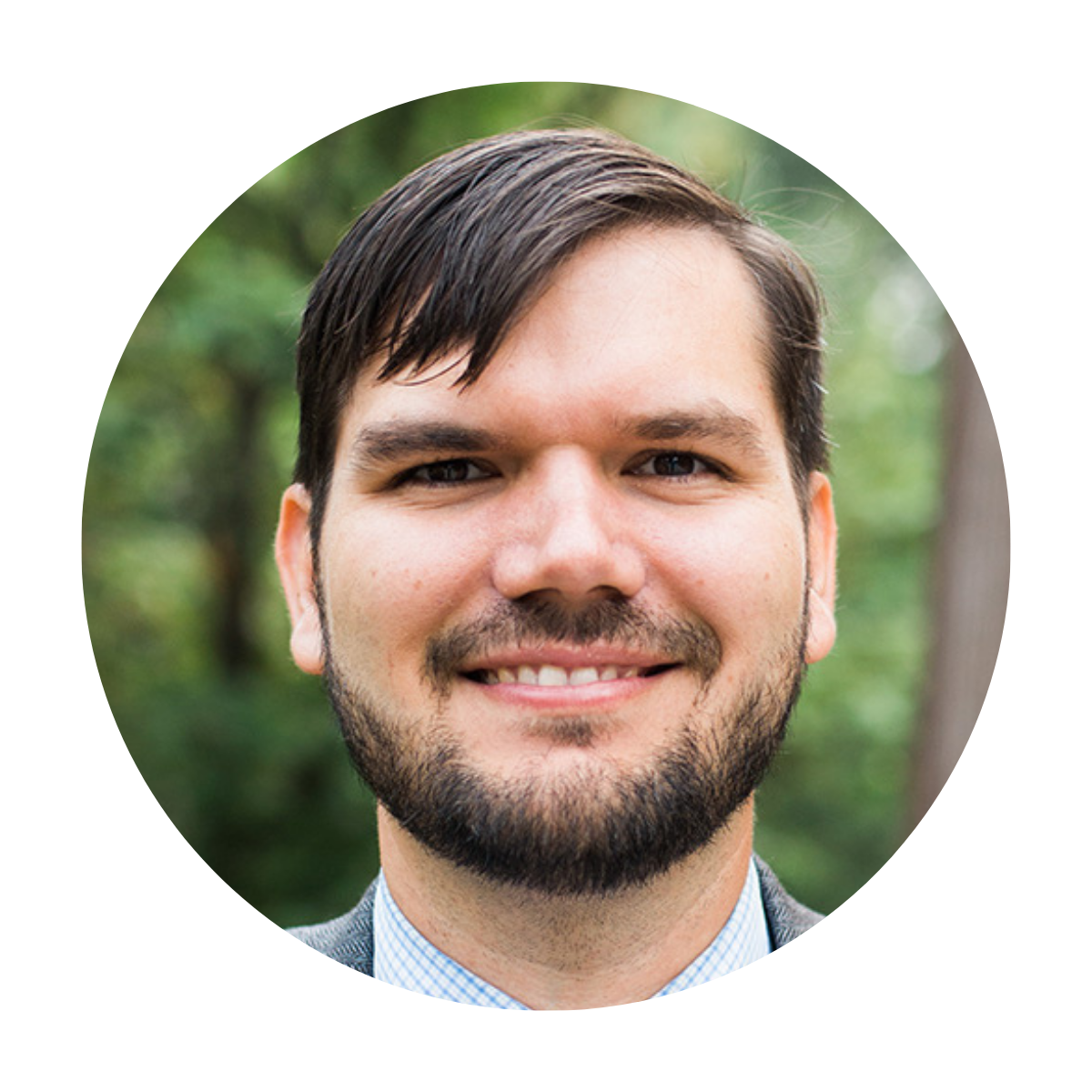
Corban Harwood has 10 years of experience in teaching modeling-focused pedagogy in differential equations, evidenced by 5 related articles he published and 8 faculty development workshops he co-led.
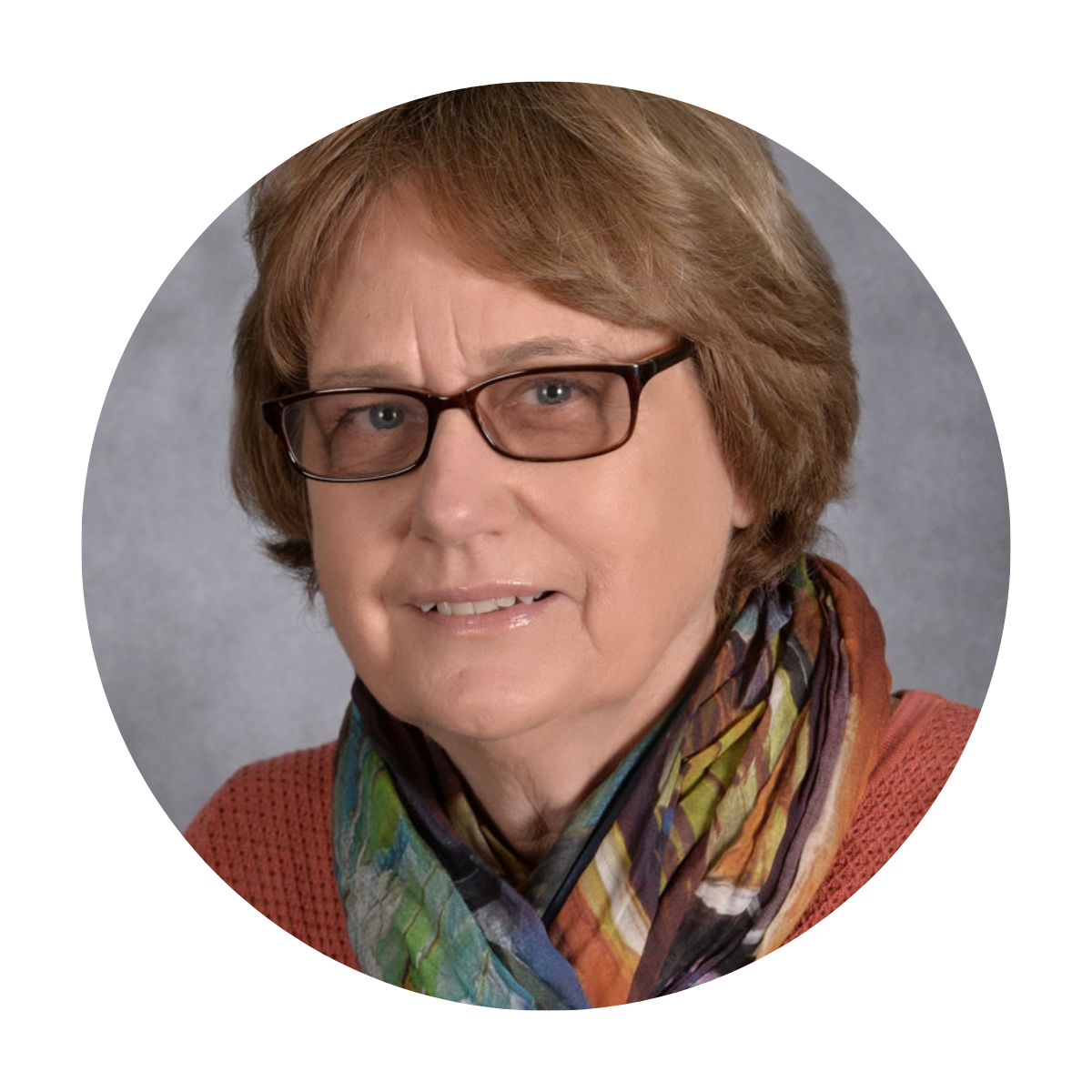
Patrice Tiffany has been giving workshops for five years on how to incorporate modeling with technology into the teaching of Differential Equations. She has been a PI on a recent NSF grant promoting this approach and is also an ICTCM fellow.
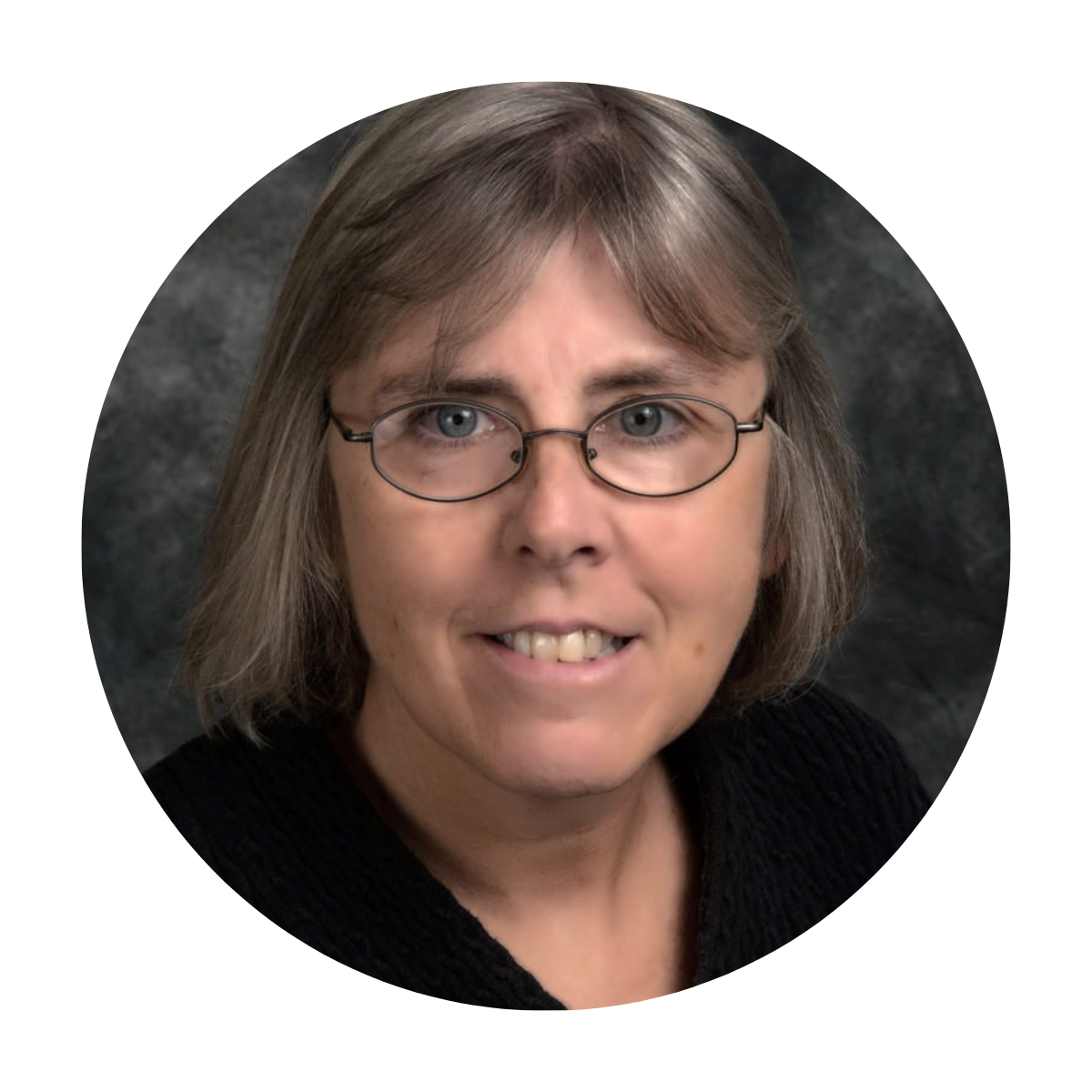
Rosemary Farley has been involved with using technology in the mathematics classroom for over 25 years. She was named a Fellow at the International Conference on Technology in Collegiate Mathematics in 2018.

Therese Shelton has engaged many students in differential equations within a class setting and in undergraduate research experiences. She has co-authored papers and course modules in pharmacokinetics, cholera, and car suspensions.
Utilizing Technology to Teach Data-Centric Statistics
July 11-14, 2022 | 11 AM-5 PM ET
The overarching goal of the workshop is to ensure that math/statistics faculty will acquire the skills and knowledge to offer instruction that is consistent with GAISE College Report. We will empower faculty to teach students to use computers/statistics software vs. calculators by use of free online tools (such as Little Apps and RStudio).
PRESENTERS
Kathryn Kozak, Ambika Silva, Jenna Carpenter
About the Presenters

Kathryn Kozak is mathematics faculty at Coconino Community College (AZ). She was the President of AMATYC in 2020-2021. She is the Co-Principal Investigator and workshop leader for the NSF-funded StatPREP project.

Ambika Silva is a community college mathematics professor at College of the Canyons in Los Angeles County, CA. She believes that the best teachers never stop learning, and her passion for teaching statistics reflects that. Involved in multiple statistics focused projects over the years, Ambika continues to advocate for the importance of having a more modern introductory statistics course driven by data.

Jenna P. Carpenter is an expert in innovative STEM curricula. She is part of a team that won the 2022 National Academy of Engineering Bernard M. Gordon Prize for Innovation in Engineering and Technology Education, considered the Nobel Prize of engineering education.
Leveraging the IP Guide in Coordinating Large Multi-section Courses
July 12-14, 19-21, & 26-28, 2022 | 12 PM - 3PM ET
This three-week virtual workshop will connect the MAA’s Instructional Practices (IP) Guide to the coordination of large, multi-section mathematics courses. Using diversity, equity and inclusion (DEI) as lenses and the IP guide as a guiding framework, the workshop will address issues such as: course design, resources, teaching practices, professional development and training, and assessment. A guiding question for the workshop will be: How can instructors implement some MAA IP Guide ideas into large math courses? Participants will learn about and have opportunities to focus on activities such as 1) creating an inclusive syllabus, 2) how to incorporate evidence-based teaching practices, 3) exploring assessment practices, etc. from the perspective of the large, coordinated mathematics course. We will also discuss administrative and logistical aspects of coordinating large multi-section courses, attending to DEI and other themes from the IP guide. Because the workshop focuses on coordinated courses, teams of instructors and/or coordinators who work with coordinated courses are encouraged and will be given preference.
PRESENTERS
Mary Pilgrim, Cindy Blois, Amelia Stone-Johnstone
About the Presenters
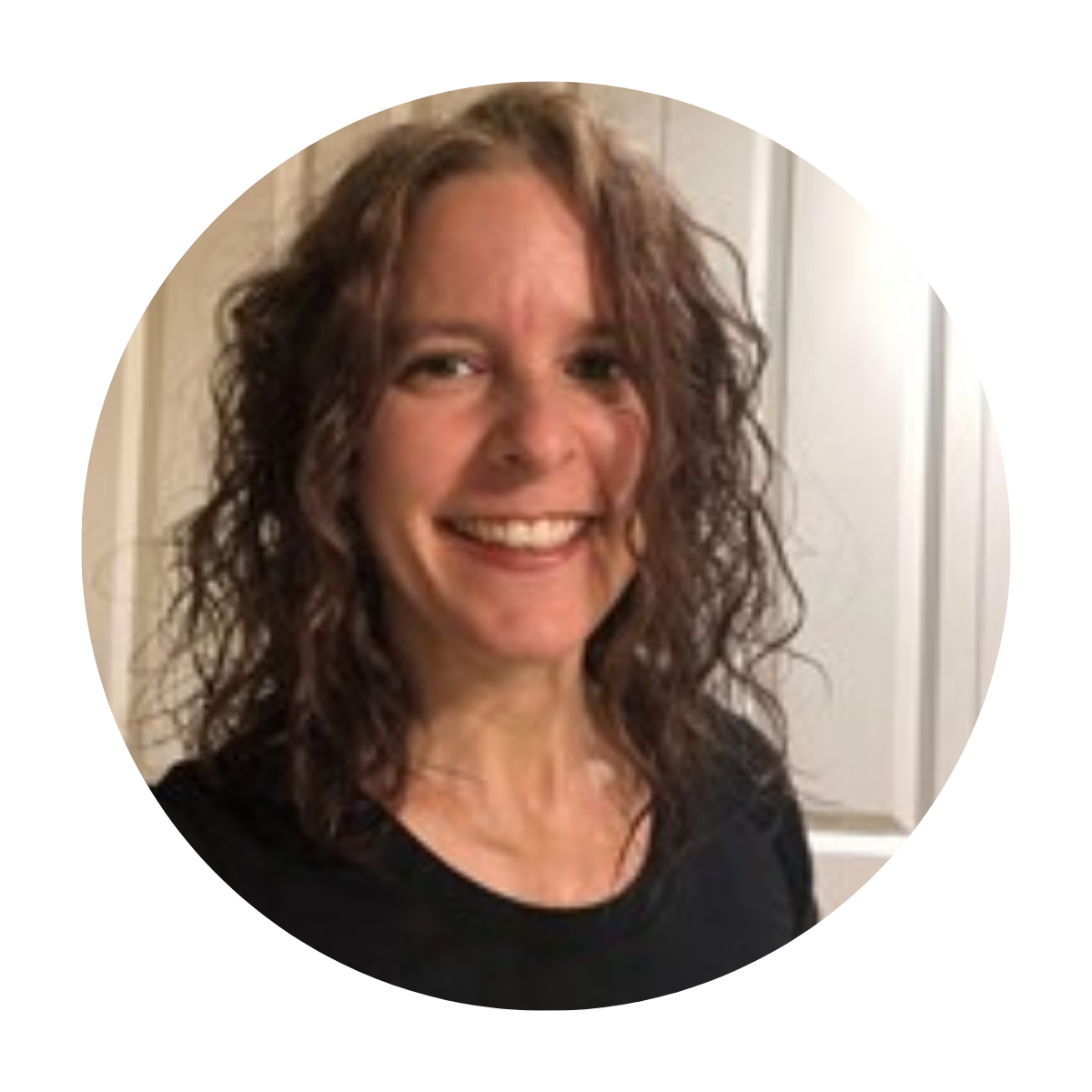
Mary E. Pilgrim is an Associate Professor of Mathematics Education at San Diego State University. Her research area is in undergraduate mathematics education with a focus on course design, pedagogy, professional development, and systemic change. She has eight years of course coordination experience and has connected the use of evidence-based practices to the professional development of post-secondary instructors.

Cindy Blois is an Assistant Professor, Teaching Stream at the University of Toronto in the Department of Mathematics.
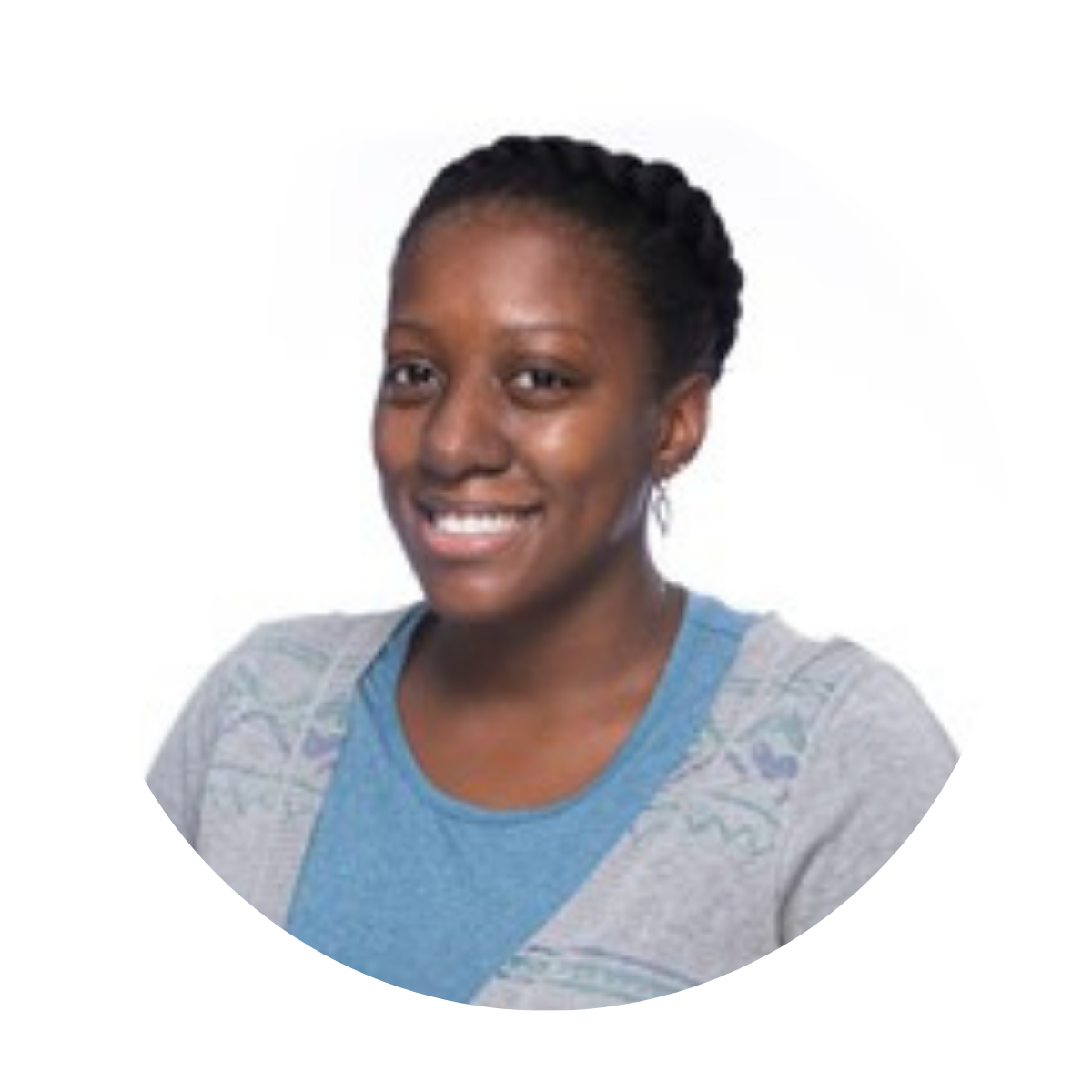
Amelia Stone-Johnstone is an Assistant Professor of Mathematics at California State University, Fullerton. Her research interests are in undergraduate mathematics education. Her work focuses on developing and refining academic support structures in gateway mathematics courses, in addition to equity-minded professional development.
Redesigning your Courses for Mastery Grading
July 18-22, 2022 | 11 AM-6 PM ET
In Redesigning Your Course(s) for Mastery Grading, participants will design a student success-centered grading system that promotes & accurately reflects student learning. This workshop will provide the research, tools, and time to implement a more effective grading system.
PRESENTERS
Sharona Krinsky, Owynn Lancaster, Robert Bosley
About the Presenters
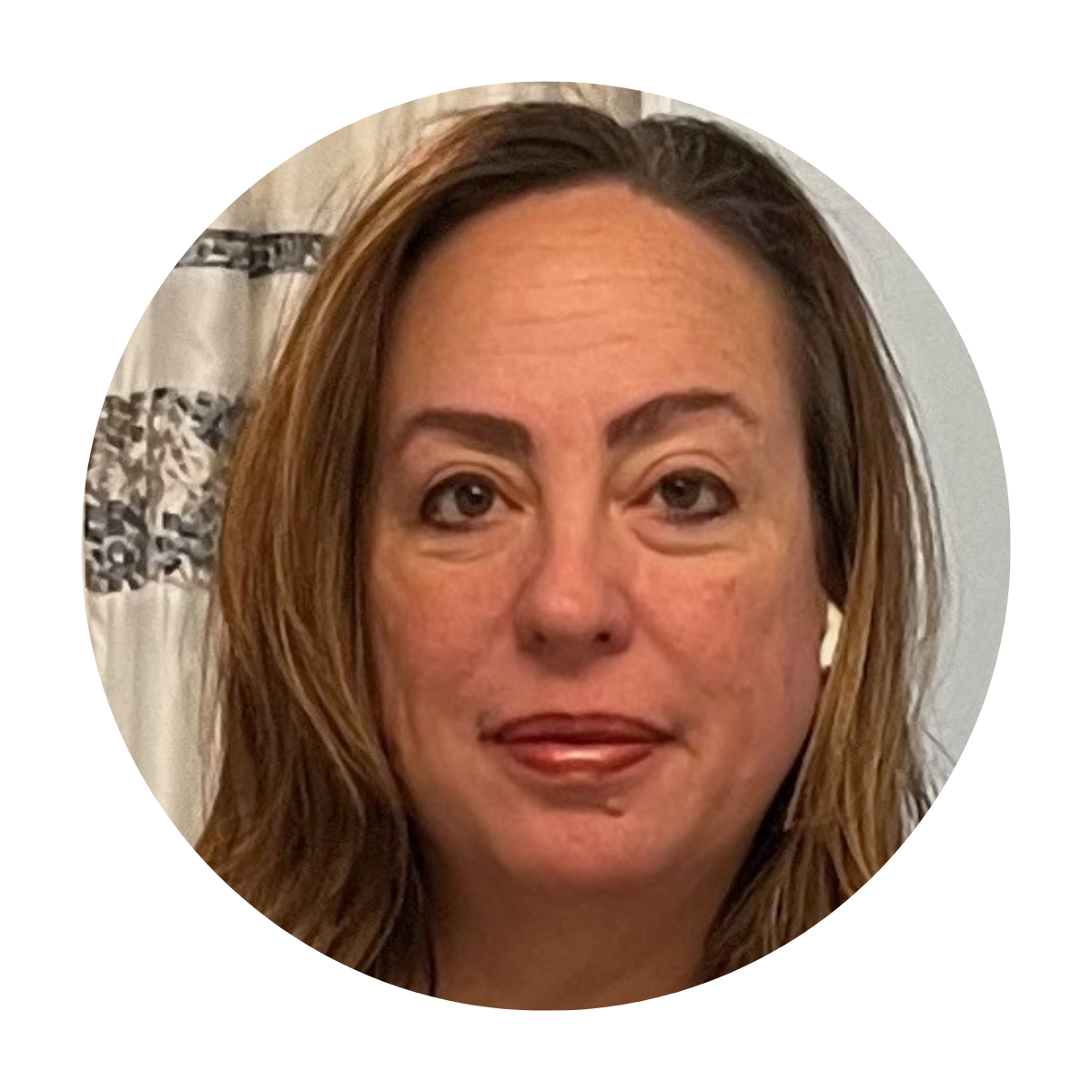
Sharona Krinsky is a faculty member in the Mathematics department at California State University. She has over 30 years of experience in the mathematics classroom, has worked with dozens of faculty on course redesign, is an organizer of The Grading Conference (now in its third year), and is currently a co-PI and faculty trainer on the NSF IUSE funded CLIMB grant to redesign sophomore level engineering classes to use Mastery Grading.

Owynn Lancaster has taught in comprehensive schools, continuation and alternative schools, charter schools, museums, prisons, colleges, and universities, and aims to teach in space or underwater next. His core belief is that everyone can learn, and the most important agent of change in education is always the educator. He hopes to improve educational quality and impact by improving the lives and skills of any educator he can work with.
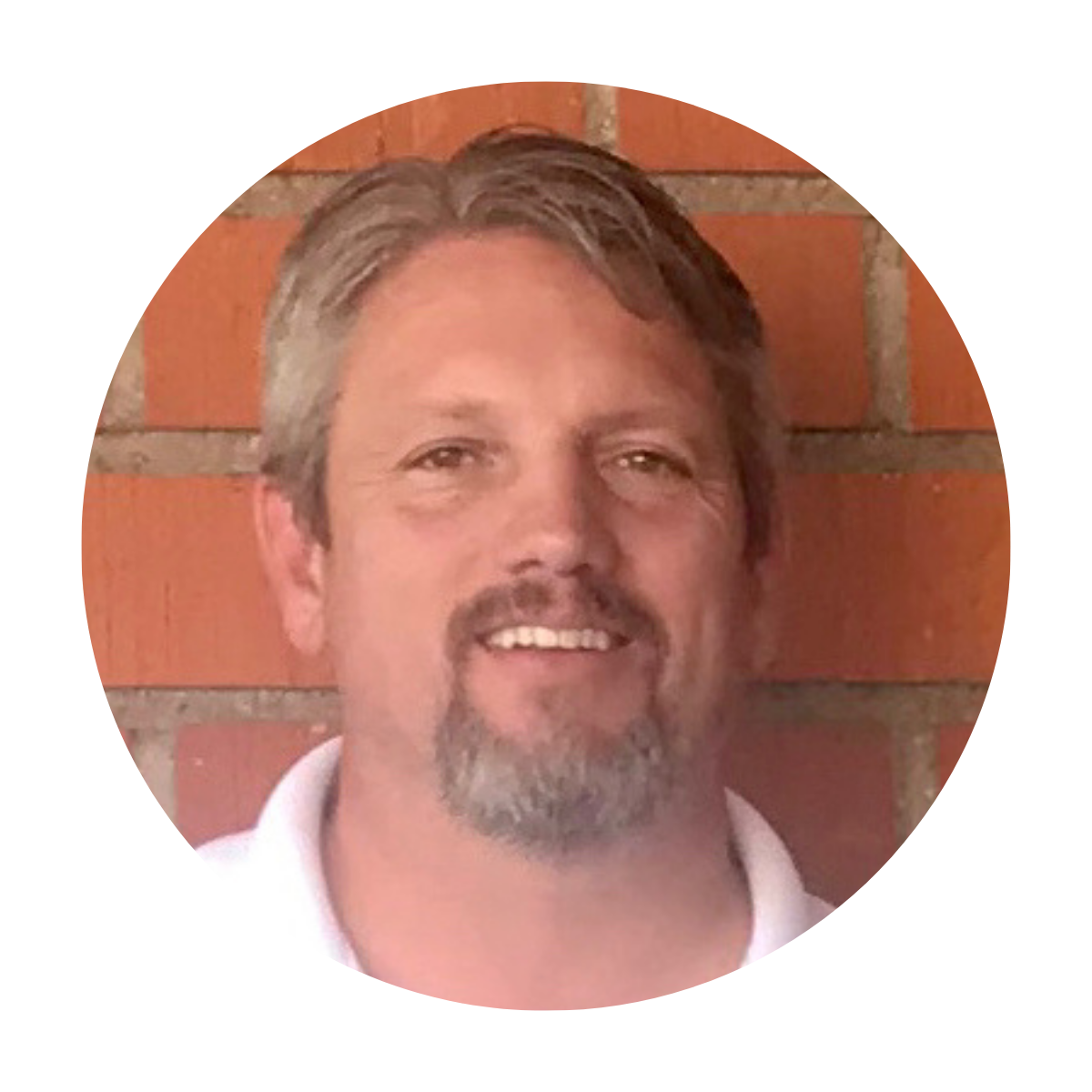
Robert Bosley is a faculty member in the Mathematics department at California State University Los Angeles as well as the intervention support coordinator at Santee Education Complex, a grades 9-12 high school in the Los Angeles Unified School District. In addition to over 17 years of classroom experience at both the grades 9-12 and Higher Ed levels, Bosley is a certified Mastery Grading trainer, organizer of The Grading Conference, and has over a decade of experience working with faculty at all levels on course redesign.
2022 MAA Professional Development Leadership Symposium
Why Be a Leader of Professional Development?
Wednesday, September 21, 2022
4:00-6:00pm ET
led by Sandra Laursen, University of Colorado - Boulder
In this session, we discussed the importance of teaching-focused professional development (TPD), the shift to online TPD in particular, and what research, resources, and networks would strengthen the community of TPD providers.
 OPEN Math Workshop Leaders' Symposium
OPEN Math Workshop Leaders' Symposium
Wednesday, September 28, 2022
4:00-6:00pm ET
led by Stan Yoshinobu, University of Toronto
In this session, we heard from teams who led OPEN Math workshops in 2022 who shared lessons learned from delivering TPD in an online setting, emphasizing the benefits and challenges of online vs face-to-face delivery. Group discussions focused on strategies for mitigating the challenges in the future.
 Develop a Workshop for Online Delivery
Develop a Workshop for Online Delivery
Thursday, October 6, 2022
4:00-6:00PM ET
led by Doug Ensley, Independent MAA Consultant
In this session, we discussed all of the aspects of the OPEN Math 2023 Request For Proposals, including designing a workshop, recruiting a leadership team, and crafting a proposal. There is no recording available for this session.






